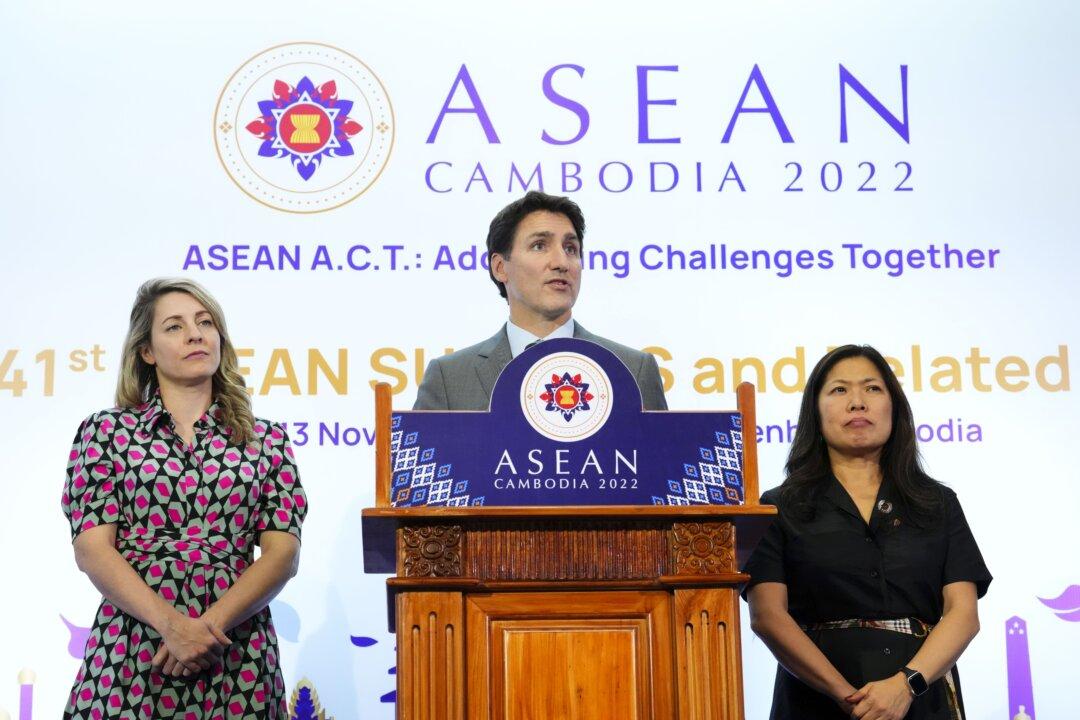The catalyst for the government’s Indo-Pacific Strategy could have been the Meng Wanzhou affair and the arbitrary imprisonment by the Chinese regime of two Canadians, an expert suggested during a panel discussion on Dec. 7.
James Boutilier, a distinguished fellow at the Macdonald Laurier Institute (MLI), said there have been calls for Canada to engage in the Asia Pacific region going back decades, pointing to a recommendation in 1984 by the newly established Asia Pacific Foundation of Canada.





